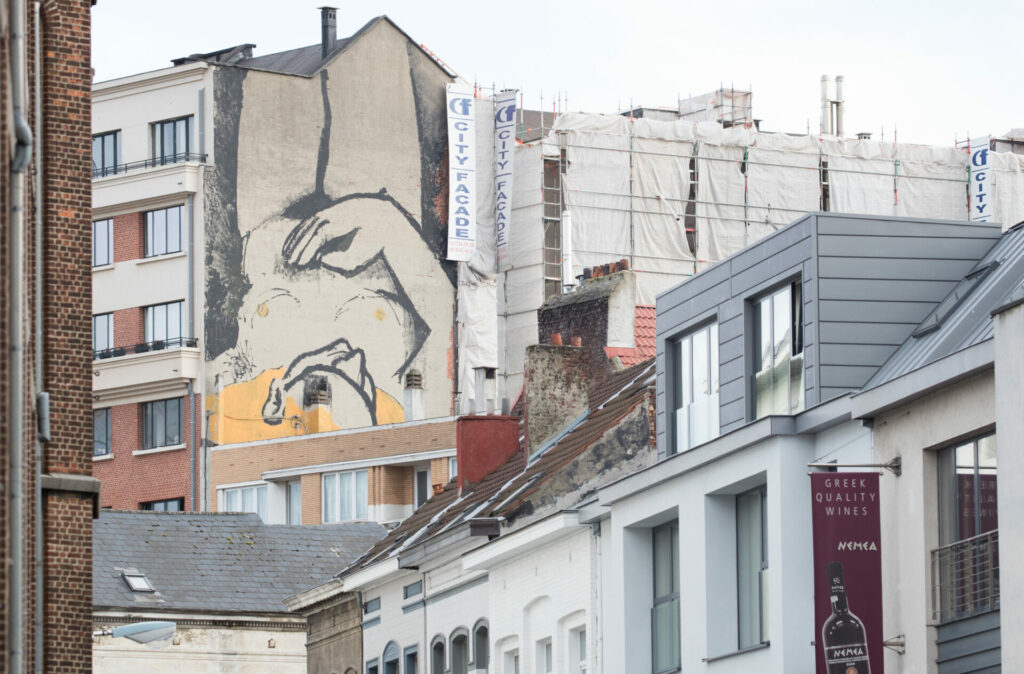From feeling unsafe on public transport to being sexually harassed in the centre of buzzing capitals, the majority of women and girls across the world have indicated they feel unsafe and unwelcome in cities.
Even though women and girls make up half of the population, cities reflect our societies and are therefore designed with an inbuilt gender bias, a recent report by the United Nations (UN) has highlighted.
One-third of women globally say that they do not have access to adequate toilets. Others do not come out at night because of the lack of street lighting. Meanwhile, only around 3% of monuments depict women. All these elements mirror the fact that women are not well represented in key decisions that affect the layout of cities.
“When cities are largely designed without considering the diverse needs and insights of women of all ages and identities, this can have an adverse impact not only on their lives but on their families," UN Development Programme (UNDP) Administrator Achim Steiner said.
Involving women in city design and planning
In light of the report “Designing Cities That Work for Women” and its findings, UN Member States have been called on to completely overhaul the design of cities to ensure they can be safe and welcoming environments for all residents and visitors.
The City of Brussels is already taking steps to ensure women and girls feel safer in the city and is exploring avenues to ensure this is the case in the long term by launching six projects to "emasculate" public spaces. The aim of this initiative is to institutionalise gender-sensitive urban planning in the long term.
By working with key partners in civil society to reflect on the position of women and girls in public spaces, the authorities will base their future urban development policies on these findings.
For its report, the UN examined the needs of women and girls within four themes (safety and security, justice and equity, health and well-being and enrichment and fulfilment), drawing on the voices and experiences of women around the world, as well as analysing data and research on this topic.
Related News
- Gender equality stagnates in 2022 but Belgium above average
- 'Through the eyes of a girl': Street art expo on girls' rights opens in front of EU Parliament
It concluded that the main way governments can improve the design of cities to make them female-friendly is to "actively involve women at every stage of city design and planning," so cities can work better for them, and are more inclusive.
Currently, women only run around one in seven environment ministries, while they consistently face barriers in crucial areas such as city planning, construction, and leadership positions.
More concrete suggestions on how to do so include forming city-wide gender equality taskforces, education and development programmes, creating design action plans targeted towards women, and improving cooperation between city authorities and other stakeholders.

